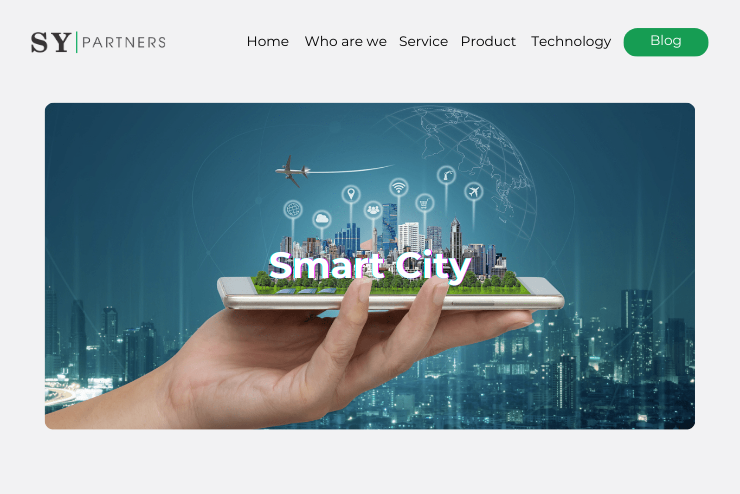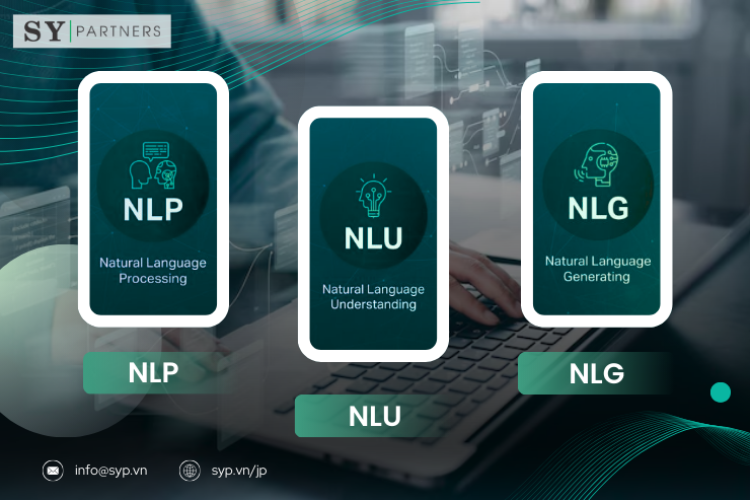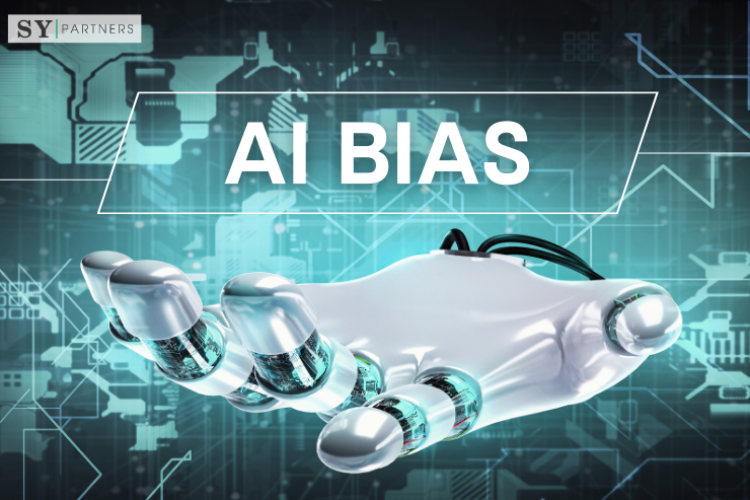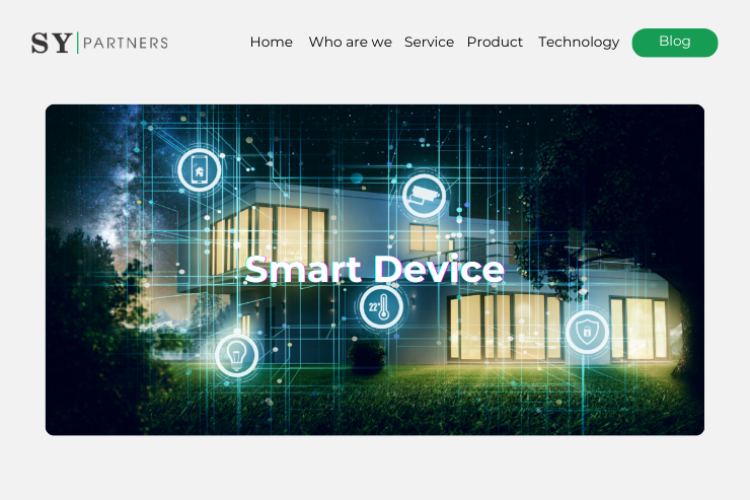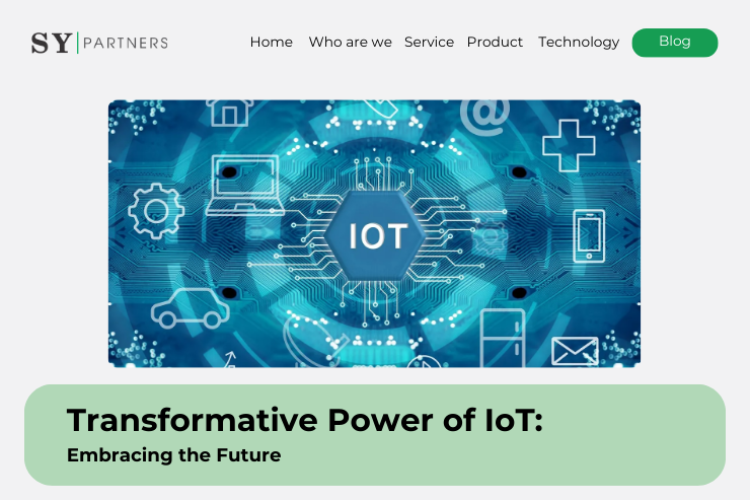Transforming Urban Landscapes: The Rise of Smart City Technologies
Cities around the world are undergoing a remarkable transformation as they embrace the concept of smart cities. With the rapid advancement of technology, urban landscapes are now being equipped with innovative solutions to improve sustainability, efficiency, and the overall quality of life for their residents.
In this article, we will explore the exciting world of smart city technologies, their potential benefits, and the challenges they present.
1. Internet of Things (IoT) and Connectivity
At the heart of smart cities lies the Internet of Things (IoT). Through a network of connected devices, sensors, and infrastructure, cities can gather real-time data to monitor and manage various aspects of urban life. From traffic management and waste management to energy consumption and public safety, IoT enables seamless connectivity and data-driven decision-making.
2. Intelligent Transportation Systems
Smart cities are revolutionizing transportation systems, making commuting more efficient and environmentally friendly. Intelligent transportation systems leverage real-time data to optimize traffic flow, reduce congestion, and improve public transportation services. Connected vehicles, smart traffic signals, and integrated mobility platforms are transforming the way people move within cities.
3. Sustainable Energy Management
With the pressing need to address climate change, smart cities are embracing sustainable energy solutions. Renewable energy sources such as solar and wind power are being harnessed to reduce carbon footprints. Smart grids enable efficient management and distribution of electricity, while smart buildings use automated systems to optimize energy consumption.
4. Enhanced Public Services
Smart city technologies aim to enhance the delivery of public services. For instance, through data analytics and predictive modeling, cities can identify areas prone to crime and allocate resources accordingly, improving public safety. Smart waste management systems optimize garbage collection routes, reducing costs and environmental impact. Additionally, digital platforms and mobile applications enable citizens to access services and engage with their local governments more effectively.
5. Data Analytics and Urban Planning
The abundance of data collected in smart cities presents immense opportunities for urban planning and development. Advanced analytics tools can process vast amounts of information to gain insights into population trends, infrastructure usage, and resource allocation. This data-driven approach helps cities make informed decisions about zoning, transportation networks, and the allocation of public resources.
6. Challenges and Considerations
While the potential benefits of smart city technologies are promising, there are challenges to address. Privacy and data security are of paramount importance, as the collection and utilization of personal data raise concerns about individual privacy. Additionally, the implementation of smart city technologies requires significant investments in infrastructure, interoperability, and citizen engagement to ensure equitable access and inclusivity.
Conclusion
Smart city technologies are revolutionizing urban landscapes, offering tremendous potential to improve sustainability, efficiency, and the quality of life for citizens. The integration of IoT, data analytics, and connectivity is transforming transportation, energy management, public services, and urban planning.
However, it is crucial to address challenges related to privacy, security, and the digital divide to ensure that the benefits of smart cities are accessible to all. As cities continue to evolve and adapt to the demands of the future, smart city technologies will undoubtedly play a pivotal role in shaping the urban environments we inhabit.
Read more about smart device: The Evolution of Smart Device Technologies: Revolutionizing Everyday Life


 EN
EN JP
JP KR
KR